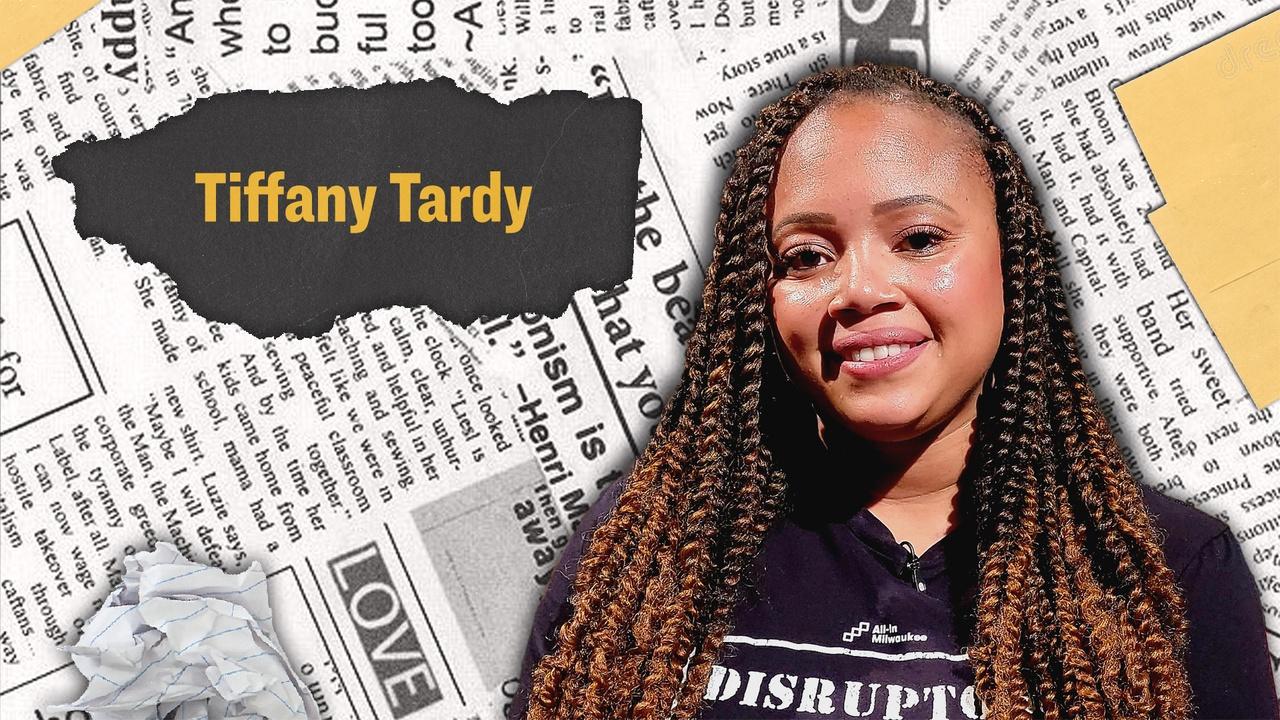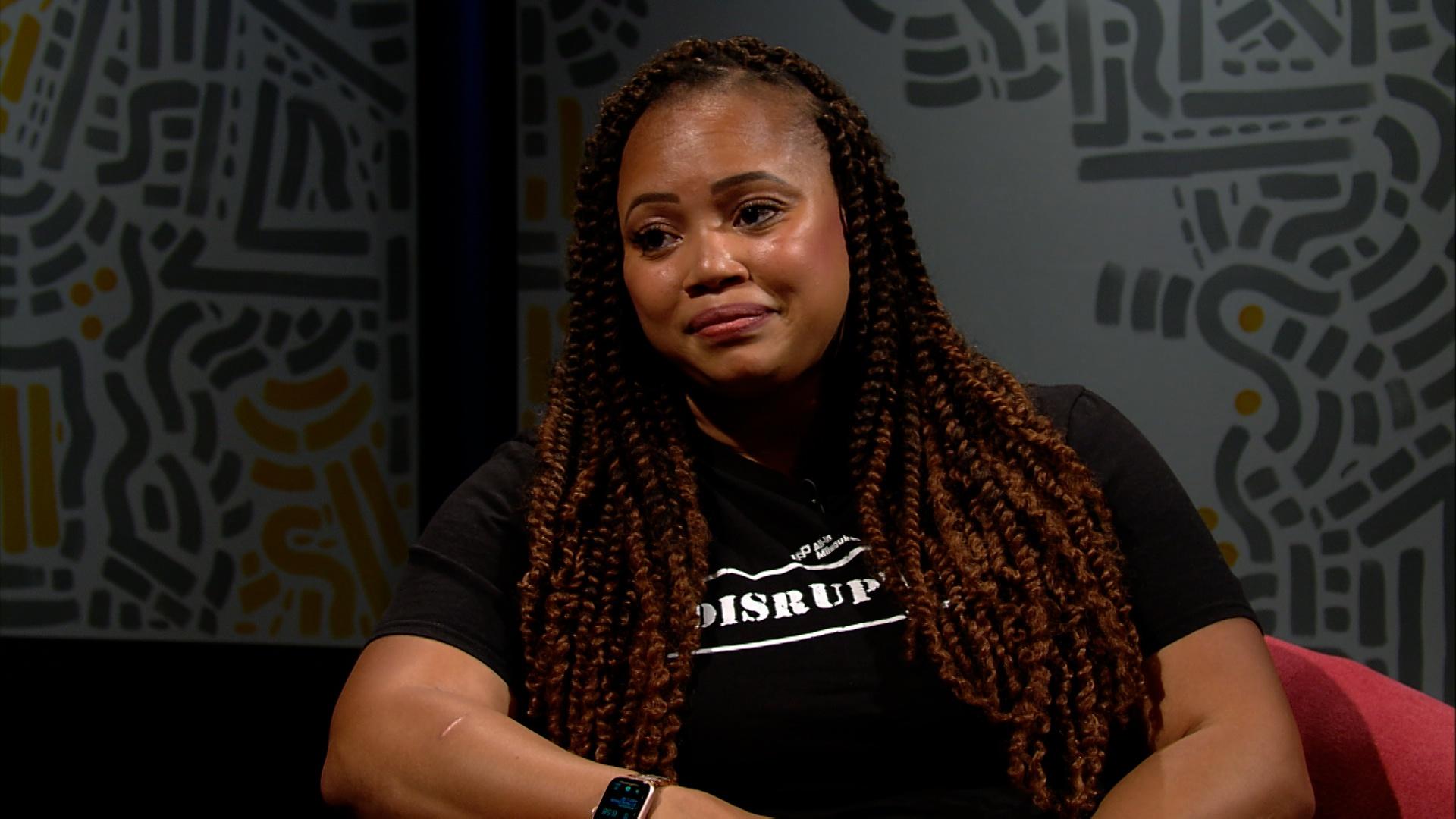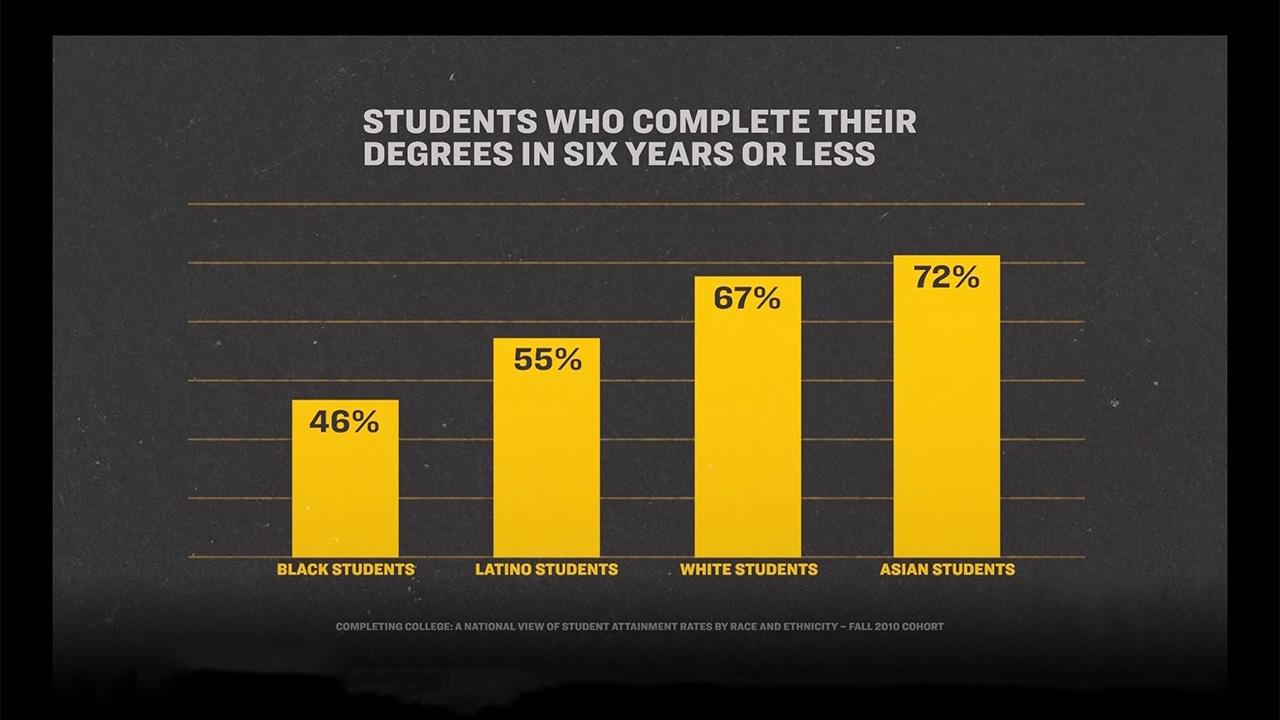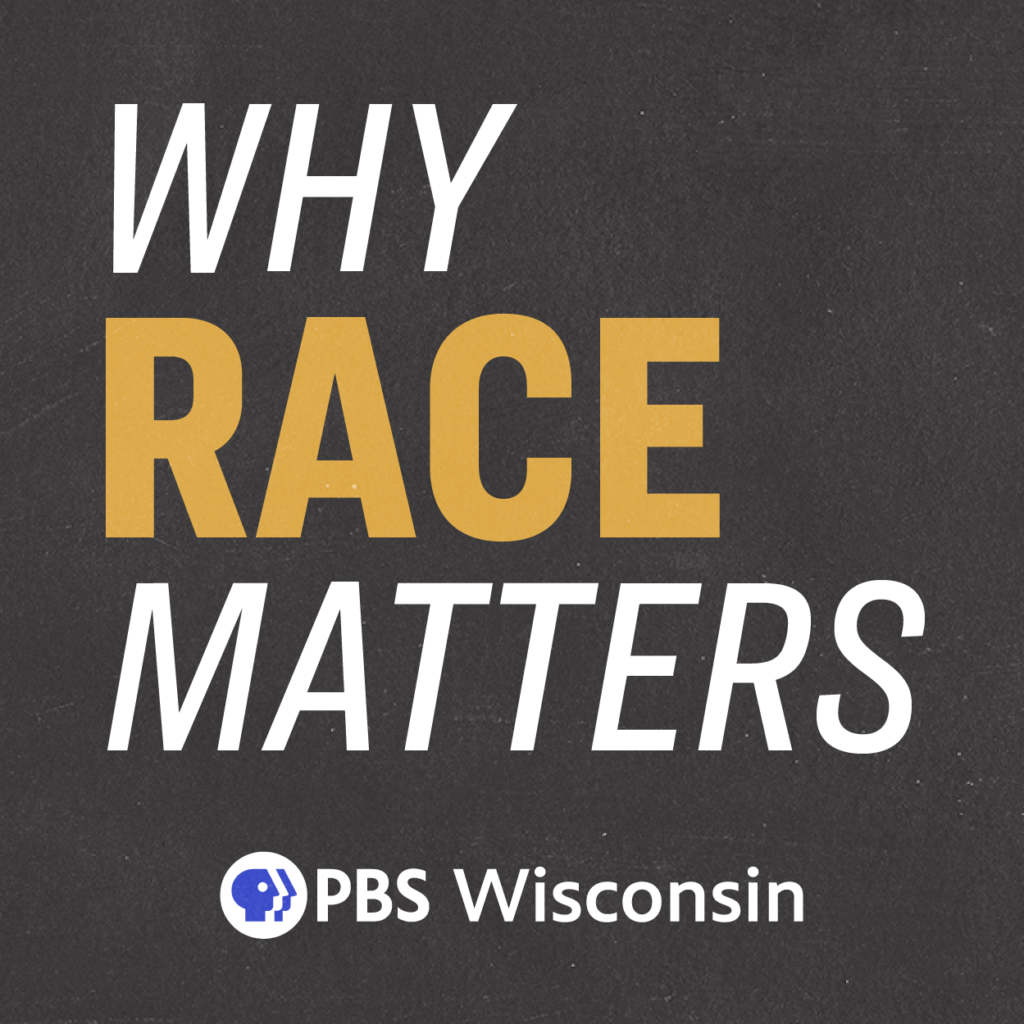Tiffany Tardy: My story is very personal. Why I do this work is very personal. So, I am born and raised in the city of Milwaukee. I went to kind of, what I would say, the creme de la creme of schools. I felt very prepared to go to college. I had been a part of the PEOPLE program. I had been visiting UW-Madison for every summer since I was in middle school for pre-college camps of some sort, and then, the PEOPLE program, and I absolutely felt ready. I mean, I graduated top of my class. I was good. [chuckles] And then, I came to UW-Madison’s campus, and I just, as I would say to my students or my team, I epically failed, you know, my first semester. I completed my first semester with a 2.0 GPA, and I was on academic probation.
Angela Fitzgerald: Wow.
Tiffany Tardy: And I don’t even know what happened, you know? It was kind of like you thought that you were ready, and I think that, you know, as you put language to it now, it’s like the culture shock, the first-generation piece and not now knowing how to navigate, even though you had all of these things around you, I just completely didn’t get it, and I think I got caught up in just so many other things.
I was a STEM major at the time, and I was taking, you know, a terrible credit load that I would never tell anybody else to take. I took 17 credits my first semester, three of them five-credit courses. It was just a terrible idea. But again, I didn’t have that intentional advising. I didn’t have, you know, somebody who was really, walking, and maybe I won’t say that because I was in the PEOPLE program, but I didn’t take advantage of it. I think, when I first started, I thought I had it all figured out. I mean, I was a smart student.
Angela Fitzgerald: Let me tell you, Tiffany, your story is my story.
Tiffany Tardy: Exactly.
Angela Fitzgerald: I failed, and I had never gotten like less than a B my whole life.
Tiffany Tardy: Exactly.
Angela Fitzgerald: And I was like, how is this possible? So was part of a program and a STEM major. I’m like, how did this happen? So, hearing you, I’m like, we cannot be the only ones.
Tiffany Tardy: We’re not because I’ve had this story, I’ve talked about this multiple times, and I get that often. These students who graduate the top of their class or who are doing very well are not guaranteed to succeed in college.
Angela Fitzgerald: Watch more Why Race Matters online and on the PBS app on your phone, tablet, Roku, or any other streaming device. ECHO is on.



 Passport
Passport








Follow Us